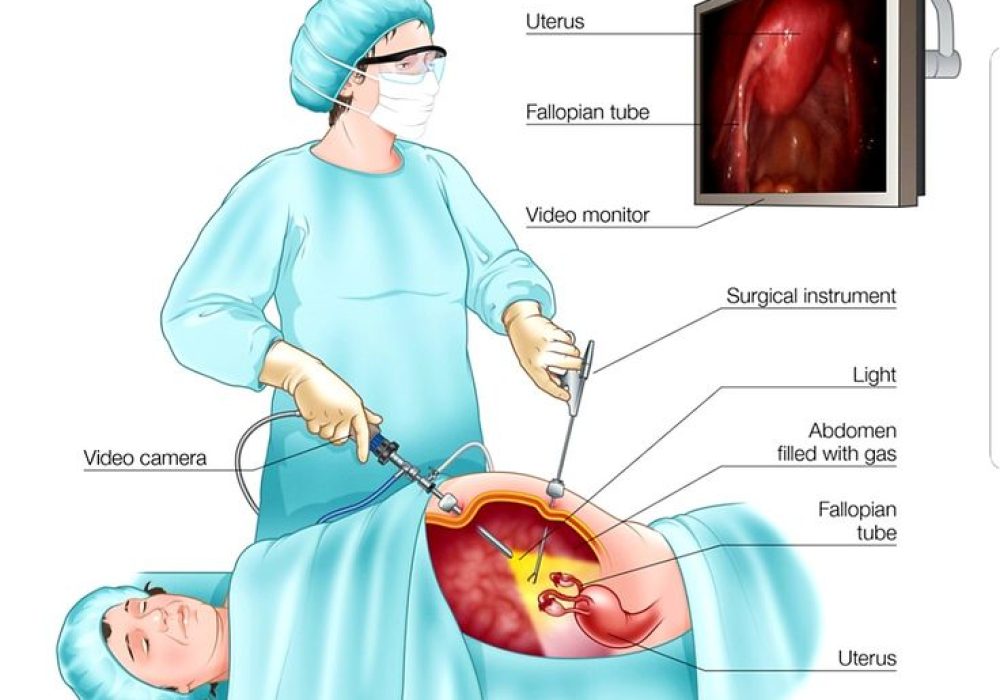Bariatric Endoscopy

Bariatric Endoscopy
Bariatric endoscopy refers to a specialized area within gastroenterology focused on minimally invasive procedures to support weight loss and manage obesity-related conditions. These procedures utilize endoscopic techniques to address weight-related issues without the need for surgery. Bariatric endoscopy can include intragastric balloon placement, endoscopic sleeve gastroplasty, or gastric outlet reduction procedures.
Unlike traditional bariatric surgeries, bariatric endoscopy is less invasive, allowing for shorter recovery times and reduced risks associated with surgery. The procedures are typically performed on an outpatient basis, promoting convenience and minimal disruption to daily activities.
Bariatric endoscopy may benefit individuals who are overweight or obese and are looking for non-surgical options to aid in weight management. It can also be a valuable tool for those who may not be suitable candidates for traditional bariatric surgery due to health concerns or personal preferences.
While bariatric endoscopy offers promising benefits, it is essential to have a thorough discussion with a healthcare provider to determine the most suitable approach based on individual health needs and goals. As with any medical procedure, potential risks and complications should be carefully considered and discussed before proceeding with bariatric endoscopy.
Candidates typically include individuals who:
- Have a BMI (body mass index) that qualifies them for the specific procedure.
- Have tried and failed to lose weight through diet and exercise.
- Are not candidates for or do not want traditional bariatric surgery.
- Are committed to lifestyle changes.
- These procedures promote weight loss by:
- Reducing stomach capacity.
- Slowing gastric emptying.
- Creating a feeling of fullness.
- Altering hormone levels that regulate appetite.
- Post-procedure care may include:
- Dietary restrictions.
- Medications for nausea or pain.
- Follow-up appointments.
- Lifestyle counseling.
Weight loss varies depending on the procedure and individual factors. Typically, patients can expect to lose a significant percentage of their excess weight.

